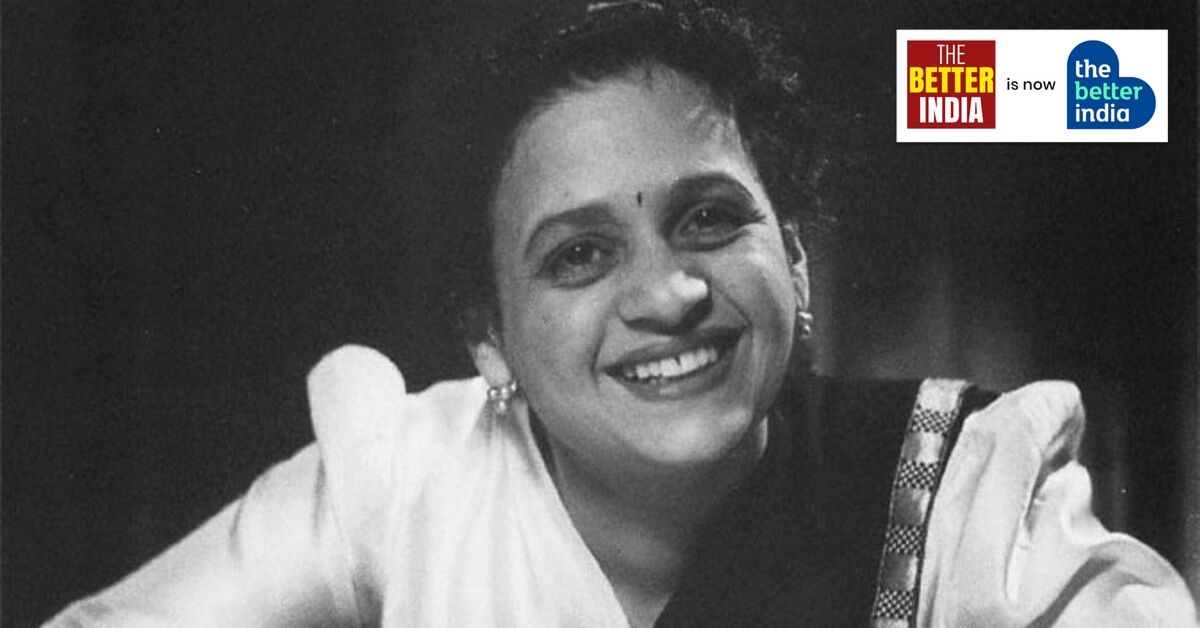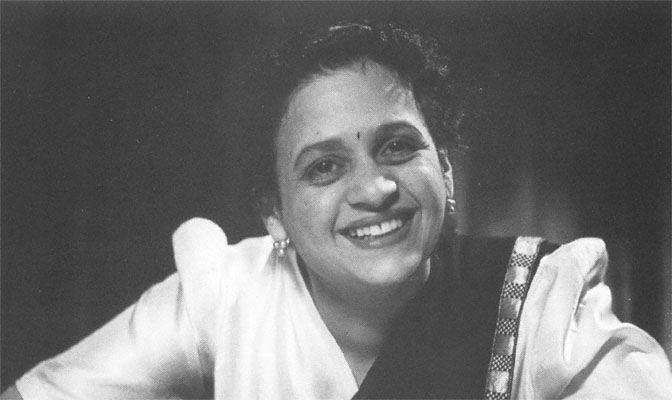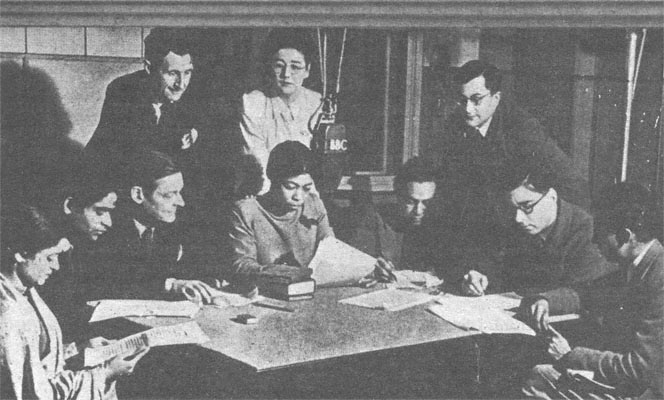The Kolhapur Woman Who Faced WW2 Bombs to Deliver War News to Indians!
Defying the times with her unconventional choices, Venu Chitale decided not to marry and moved to London in pursuit of higher studies—where she went on to become a spokesperson for India’s freedom struggle.

Namaste Maharashtra! Today’s Radio Jhankaar will start with updates on the war followed by S A Dange’s essay on A few scenarios in a British labourer’s life,” says Venu Chitale to Marathi speakers from war-torn England.
A news presenter with the BBC, the dynamic Venu was confined to England when the second world war broke out. Calling citizens to arms, Britain put Venu in a difficult position—she had to speak to Indians from a country whose imperial rule they were fighting.
But she took up the job with such ease that Marathi speaking Indians would remember her voice, delivery, and content dearly.
A war as all-engulfing and exploiting as WW2 demanded everyone’s participation—active or passive. Only a handful of professions had the luxury of choosing between their black and white, whereas common people, like Venu, had to take up jobs and tasks that tread the grey areas of war duties.
Venu, always a bright, determined student, had taken a ship to England in 1934 when she realised that marriage was not going to be on her cards for some time.

Jyotsna Damle, Venu’s daughter, told BBC Marathi that this decision was taken after an astrologer predicted that her nuptials would bring ill luck to her sister.
Venu was practically raised by her siblings in Kolhapur and was extremely close to her family. She had lost her parents when she was still a little girl. Sixth, in the line of seven siblings, she was raised by her brothers—a young family who was progressive and yet, set in old traditions. They had found a balance between the modern and the conservative. Just take the case of Venu’s marriage. While they still had faith in the predictions of an astrologer, the family decided that young Venu could instead pursue higher education.
Venu too did not want to risk her sister’s life. It is in the unknown that causes people to believe in superstition and pseudo-science. One can hardly blame them for decisions that they believe will ensure their family’s well-being.
At the time of the prediction, Venu was a student boarder at Mumbai’s Wilson College. Her love for theatre and her talent in the field had impressed Johanna Adrianna Quinta Du Preez—a teacher at the college. This student-mentor relationship would only grow fonder after Venu decided to postpone marriage indefinitely and look for career options.
Du Preez suggested that she move to England and pursue higher education there. Her family was only too supportive of her decision.

And so, she set on a cruise with Du Preez and took up a course in Montessori methods of education at University College, London.
In the following years, both teacher and student studied at Oxford. While Du Preez pursued journalism, Venu was an external student.
“I was young and impressionable, full of enthusiasm about English literature, and actually lapped up books as a cat laps up cream,” she wrote several years later, reminiscing about her 14 long years in England. “I spent my holidays in the most cultured English homes in [the] company of men, women, and children who regarded life as something very beautiful, but full of duties and responsibilities.”
In 1939, war broke out. A dedicated interest in literature, a flair for writing and presenting news, had given Venu the wonderful opportunity to work with the likes of George Orwell and T S Eliot.
Along with literary professionals Mulk Raj Anand, she took to the British Broadcasting Company to deliver important messages to the Indian masses. By the following year, the BBC had expanded its Indian broadcasts from Hindi to regional languages like Bengali, Tamil, and Marathi.
Venu took to the microphone and delivered news to Indians, striking a balance between supporting Britain’s fight against fascism while also opposing imperialism on India.
From England, she could see how the soldiers and civilians were suffering under the diminishing supplies. Apart from updating listeners about the progress of the war, she also started programmes to share Indian vegetarian recipes in a country where meat was getting rarer and more expensive by the day.
“I have been over here now for several years, and have kept myself as fit and fed as in my own country without meat or fish,” she wrote, adding, “As far as my diet is concerned, I have hardly felt the war at all.”
You May Also Like: How India’s First Woman Architect Blazed a Trail With Her Work on Chandigarh!
Sharing recipes and writing plays in which Orwell participated, Venu certainly made a name for herself at the BBC. She even joined V K Krishna Menon’s India League in London.
It was only in December 1947, a few months after independence that she returned to India. Once here, she wrote two novels, In Transit (1950) and Incognito (1993).
At 39, she married professor Ganesh Khare and changed her name to Leela. Two years after releasing her second novel, in 1995, Venu, aka Leela, passed away. The voice that shared news updates and crucial information during the traumatic years of World War II was silenced in 1995.
(Edited by Shruti Singhal)
Like this story? Or have something to share? Write to us: [email protected], or connect with us on Facebook and Twitter.
If you found our stories insightful, informative, or even just enjoyable, we invite you to consider making a voluntary payment to support the work we do at The Better India. Your contribution helps us continue producing quality content that educates, inspires, and drives positive change.
Choose one of the payment options below for your contribution-
By paying for the stories you value, you directly contribute to sustaining our efforts focused on making a difference in the world. Together, let’s ensure that impactful stories continue to be told and shared, enriching lives and communities alike.
Thank you for your support. Here are some frequently asked questions you might find helpful to know why you are contributing?


This story made me
-
97
-
121
-
89
-
167











